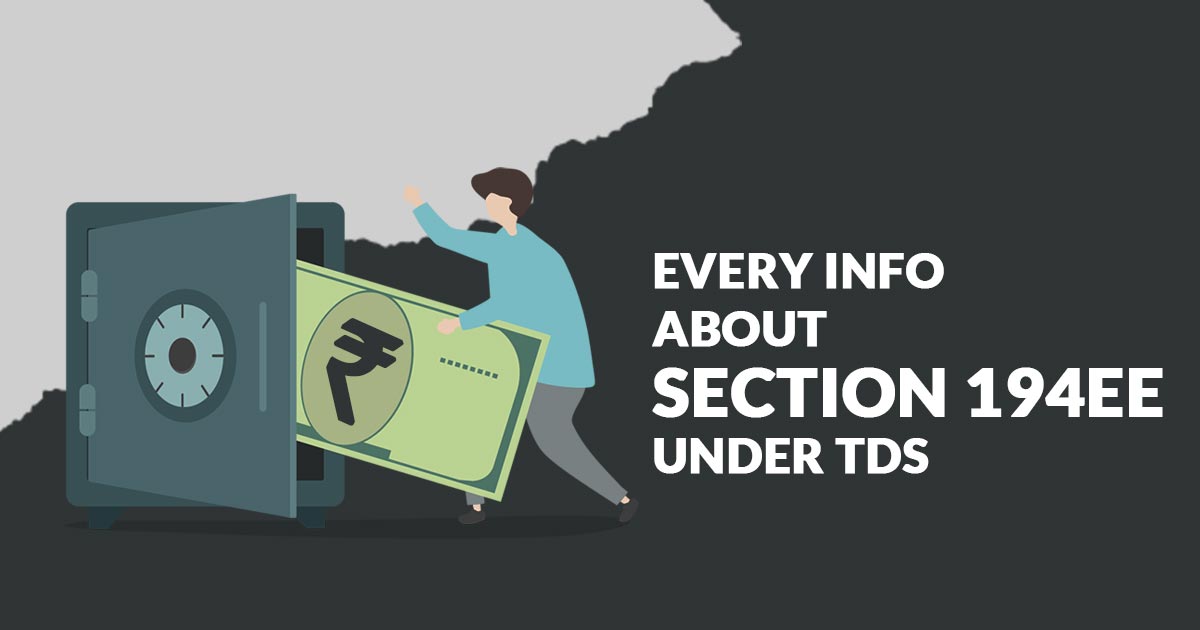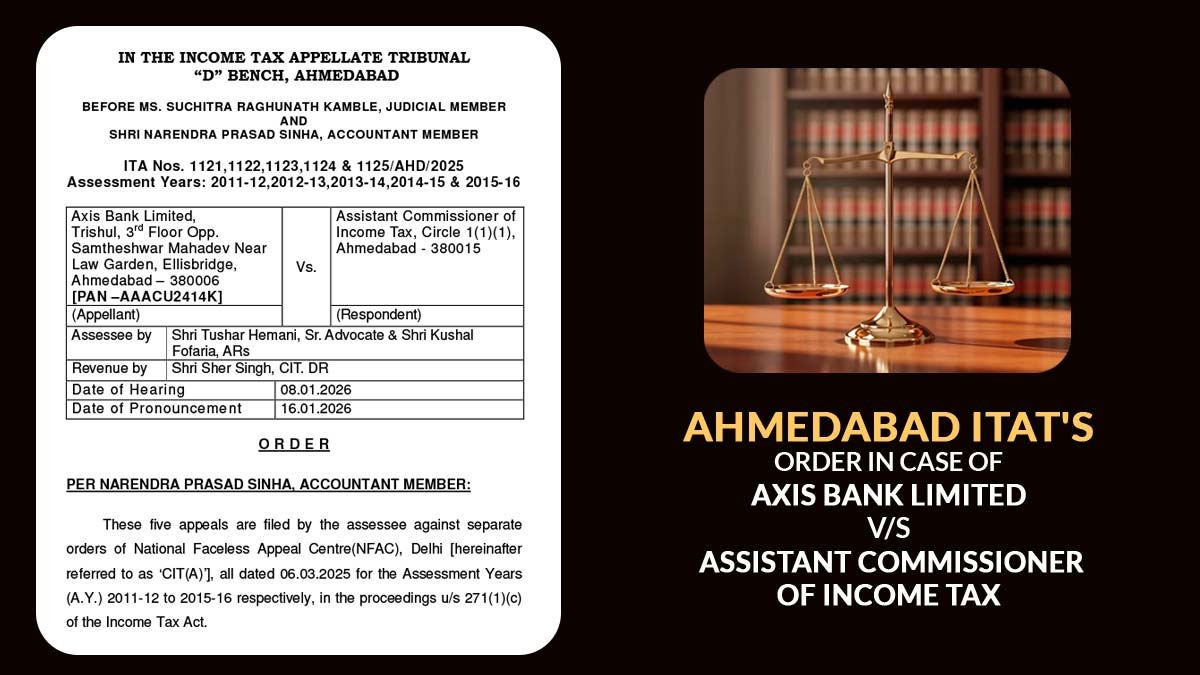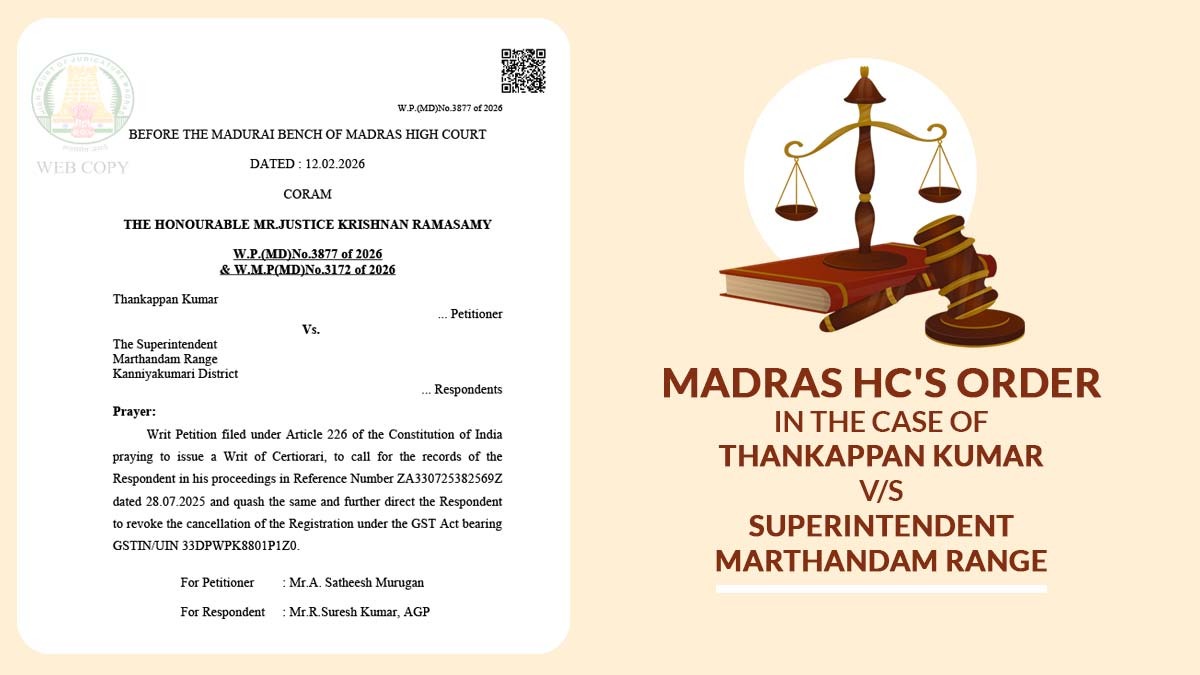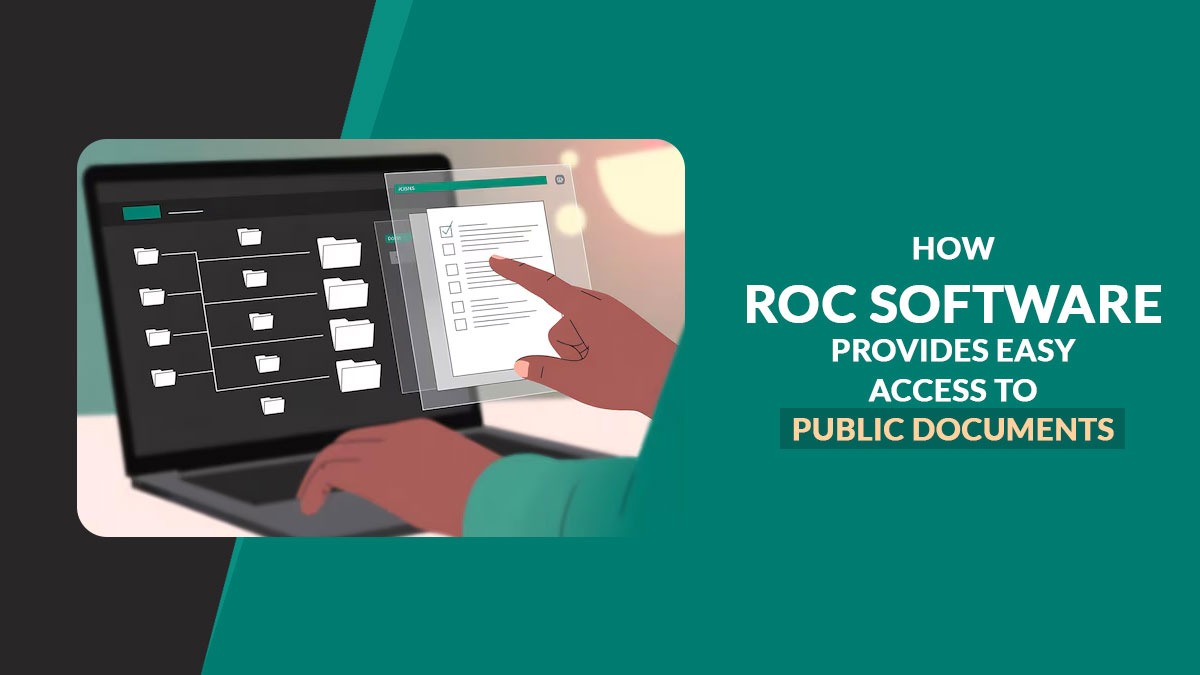
According to clause (a) of sub-section (2) of section 80CCA, TDS (Tax Deducted at Source) is the income tax collected by a person when paying another person for his/her service. TDS is deducted at the time of payment and at the rate of ten per cent.
The rule also says that no TDS shall be deducted in case the amount of payment, or the aggregate amount of multiple payments for the same service, during the financial year is less than two thousand five hundred rupees. It further adds that no rules of the TDS shall apply to the payment/s made to the heirs of an assessee. TDS Section 194EE deals with Payments in respect of Deposits under the National Savings Scheme. Here’s everything you need to know about the TDS rules of section 194EE of the Income Tax Act.
Who is Responsible for Deducting TDS Under Section 194EE?
Any person that has to pay to another person any amount in regards to the deposit under the National Pension Scheme (NPS eligible for section 80CCA) along with the interest shall deduct income tax (TDS) on this amount at the time of payment.
When TDS under Section 194EE should be Deducted?
TDS is an income tax deductible at the time of payment.
What is the Rate of Tax (TDS) under Section 194EE?
Tax Deducted at Source (TDS) shall be deducted at the fixed rate of 20% (7.5% w.e.f. 14.05.2020 to 31.03.2021) under section 194EE.
What are the Exceptional Cases When TDS is Not Deductible?
Under section 194EE, TDS shall not be deducted in the following cases:
- When the payment amount is less than rs. 2,500
- Tax on payment is not deductible when the amount is less than Rs. 2,500.
- When the payment is made to the legal heirs of the assessee
- TDS will not be charged when the payment is being made to an heir because of the death of the assessee.
- Declaration to the payer in form no. 15G or 15H [section 197A]
- The tax on source shall be not deducted if the recipient submits a declaration in form 15G or 15H under section 197A to the payer.










Today amount in credit in National saving scheme 1987 is rupees 26 lakhs. I want to withdraw entire amount. I have any income of 10 lacs from salary dividend etc. is this 26 lacs withdrawn will be added in the current years income and tax lavid on total income ? or withdrawal 26 lakhs will be treated differently?
Madam please let me know I am a senior citizen aged 74 years. Dinesh Chandra Shah
Principle amount withdrawn and interest earned both are fully taxable. It is taxable under the head of income from other sources.